Ask an Expert
Planning the right solution requires an understanding of your project's security goals. Let Kingston's experts guide you.

In 2024, cybercrime has escalated to an all-time high, impacting governments and industries globally and threatening the security of critical data and infrastructure. According to a report by Cybersecurity Ventures, cybercrime costs are expected to reach $10.5 trillion annually by 2025, up from $3 trillion in 2015*.
This surge is driven by increasingly sophisticated cyberattacks, ransomware incidents, and data breaches, with the frequency and severity of attacks growing each year. The World Economic Forum's Global Risk Report 2023** highlights that cyber threats are among the top global risks, emphasizing the urgent need for robust cybersecurity measures.
To combat this escalating threat, the European Union has introduced the NIS2 Directive, a significant update to the original NIS Directive (Network and Information Systems Directive) of 2016, with increased scope covering more critical infrastructure and providers of essential services.
The NIS2 Directive aims to strengthen cybersecurity for critical infrastructure across the EU, ensuring more resiliency and stronger protections against data breaches and disruptions caused by bad actors.
Scope and coverage: The original NIS Directive primarily focused on operators of essential services and digital service providers. NIS2 expands its scope to include medium and large entities from a broader range of sectors, including healthcare, transportation, energy, banking, and government. This means more organizations and government entities are now required to comply with stringent cybersecurity standards.
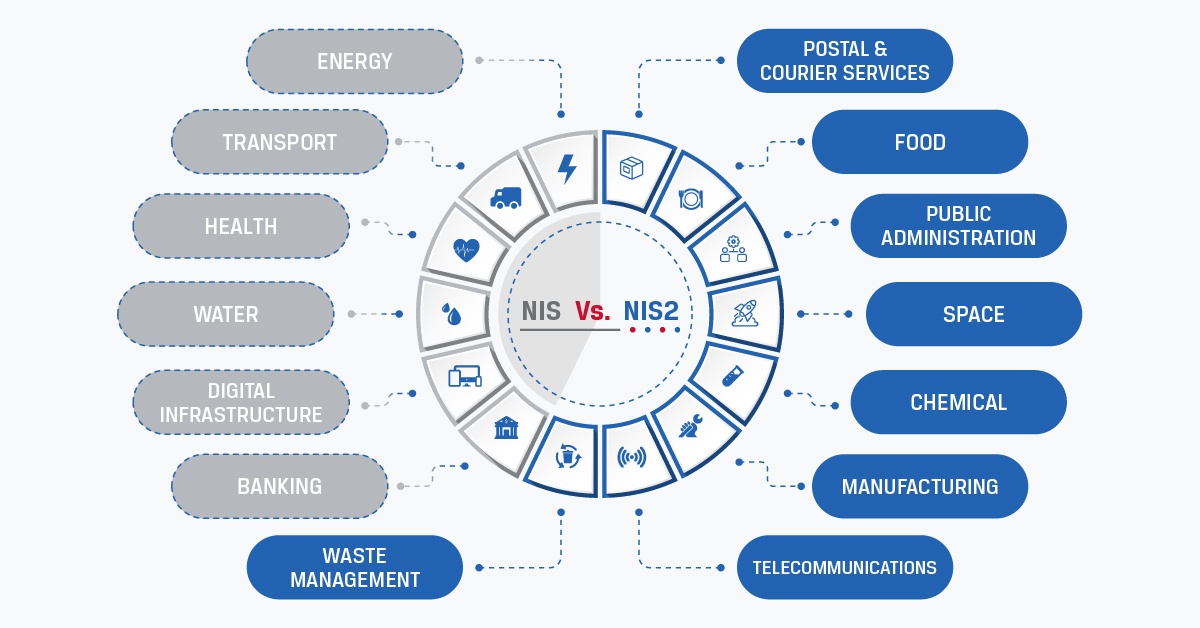
Security requirements: NIS2 introduces more detailed security requirements. Organizations must implement risk management measures, conduct regular security assessments, and adopt incident response strategies. The Directive mandates the use of encryption and access controls to protect sensitive data.
Incident reporting: The original NIS Directive required entities to report significant incidents without undue delay. NIS2 tightens this requirement, mandating that incidents be reported within 24 hours of detection, ensuring a faster response to attacks and associated disruptions.
Supervision and enforcement: NIS2 strengthens the role of national authorities in supervising and enforcing compliance. Penalties for non-compliance are also more severe, with fines potentially reaching up to €10 million or 2% of the global annual company revenue, whichever is higher.
Supply chain security: NIS2 emphasizes the importance of securing the critical supply chain, requiring companies and governments to assess and manage the cybersecurity risks posed by their suppliers and service providers.
The expanded scope of NIS2 means that a wide range of sectors will be affected. These include energy, transport, banking, financial market infrastructures, healthcare, drinking water supply and distribution, digital infrastructure, governments, and the aerospace sector. Medium and large enterprises within these sectors must ensure compliance with the new Directive starting on October 17, 2024.
Non-compliance with the NIS2 Directive can result in substantial fines. Organizations that fail to meet the required standards or do not report incidents promptly can face penalties of up to €10 million or 2% of their global annual revenue. These stringent penalties highlight the importance of adhering to the Directive to avoid financial and reputational damage.
Even companies that are not based in the EU are impacted by NIS2. If your organization operates in or with any EU entity, you are subject to these regulations and any subsequent penalties for non-compliance.
To achieve compliance with NIS2 and protect critical sensitive data, organizations need robust security solutions. Kingston IronKey hardware-encrypted USB and SSD solutions offer advanced data protection features that can help companies meet the Directive's requirements for mobile data and air-gapped backups.
Encryption: Kingston IronKey D500S and Keypad 200 drives use military-grade, XTS-AES 256-bit encryption and are FIPS 140-3 Level 3 (pending) certified. This security engineering ensures that, even if a device is lost or stolen, the data remains secure and inaccessible to unauthorized users. The Vault Privacy 80 External SSD can be used for high-capacity data storage up to 8TB and for air-gapping critical data away from attackers on the internet. All IronKey devices use hardware-based encryption, which is significantly more secure than software-based encryption, which can be breached through password attacks.
Access control: IronKey USB and SSD solutions incorporate strong authentication mechanisms, including password and passphrase protections, ensuring that only authorized personnel can access the data. The built-in brute force password attack protections cause a crypto erase if passwords are guessed too many times, thereby ensuring that sensitive data is destroyed before attackers can guess passwords using automated tools.
Data integrity: These devices are designed from the ground up to maintain data integrity, prevent unauthorized alterations, and ensure the reliability of stored information. IronKey drives help compliance with the CIA Triad (Confidentiality, Integrity, Availability) cybersecurity model.
Compliance: By using Kingston IronKey hardware-encrypted solutions, organizations can meet the encryption and access control requirements specified in the NIS2 Directive, reducing the risk of non-compliance and potential fines.
Durability and reliability: IronKey products are designed and built to withstand physical and environmental challenges, ensuring data protection in various operational conditions. Kingston is a trusted provider of hardware-encrypted storage drives, with over 20 years of experience.
In conclusion, as cybercrime reaches unprecedented levels, the introduction of the NIS2 Directive represents a major step in enhancing critical infrastructure cybersecurity across the EU. Organizations must take proactive measures to comply with NIS2 and protect sensitive data. Kingston IronKey hardware-encrypted USB and SSD solutions offer a scalable and reliable means of achieving compliance and safeguarding critical information, helping companies navigate the complexities of today’s cybersecurity landscape.
#KingstonIronKey

Planning the right solution requires an understanding of your project's security goals. Let Kingston's experts guide you.
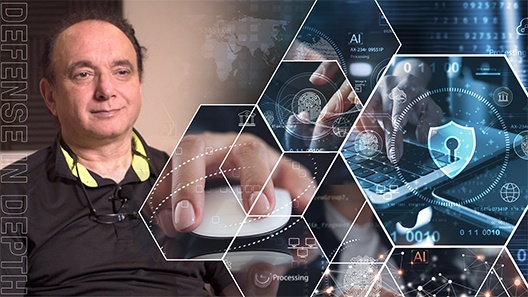
David Clarke covers encryption, superuser safeguards, vulnerability management, and training.
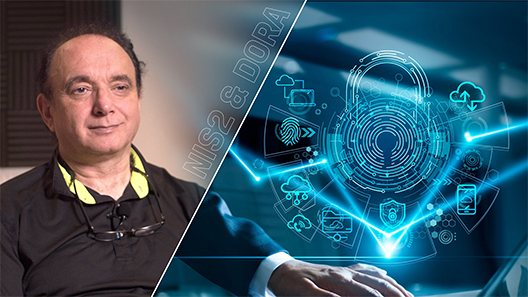
We discuss NIS2 and DORA, and how organizations can turn compliance into an opportunity.
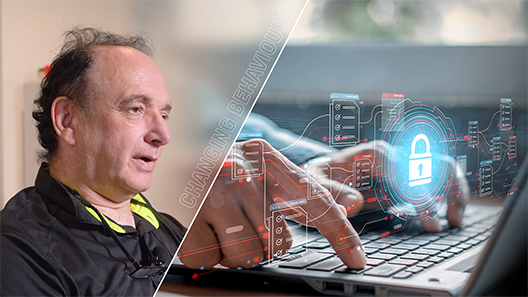
We discuss the shifts in how organizations are storing and encrypting sensitive data.
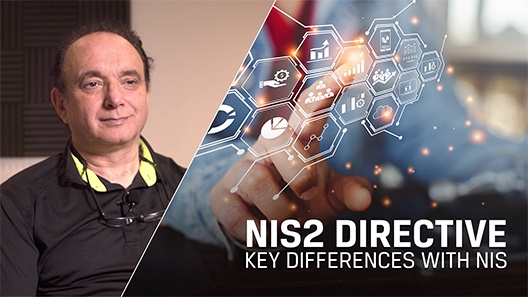
Security expert David Clarke explains the key differences between NIS and NIS2.

Security expert David Clarke explains who will be affected by the NIS2 directive and how.

Remembering to back up frequently can evade even the most experienced tech enthusiast. We’ll cover some simple tricks to ensure you can easily back up regularly.